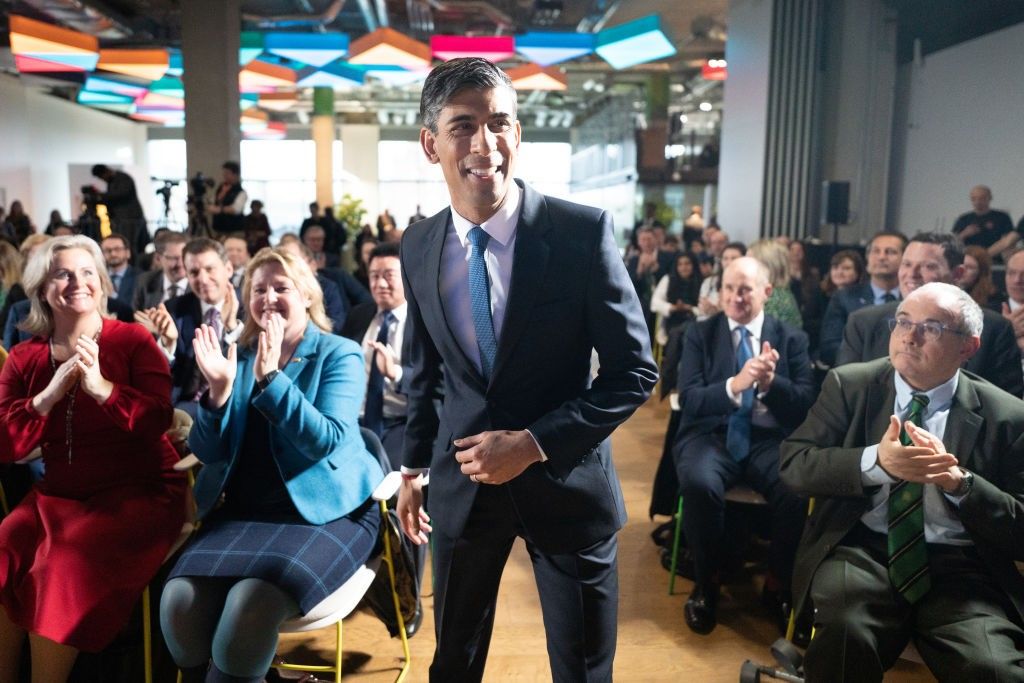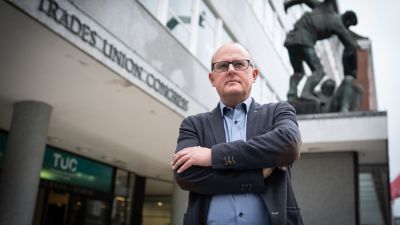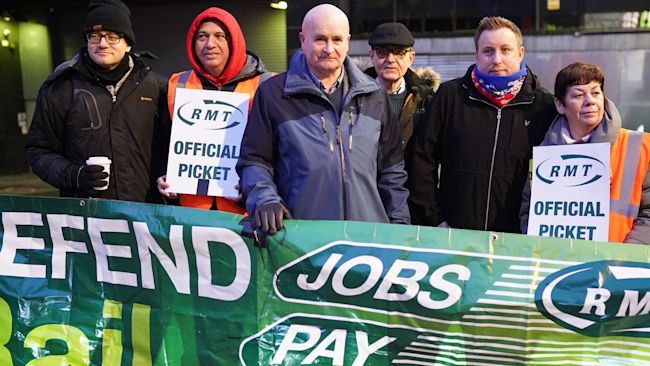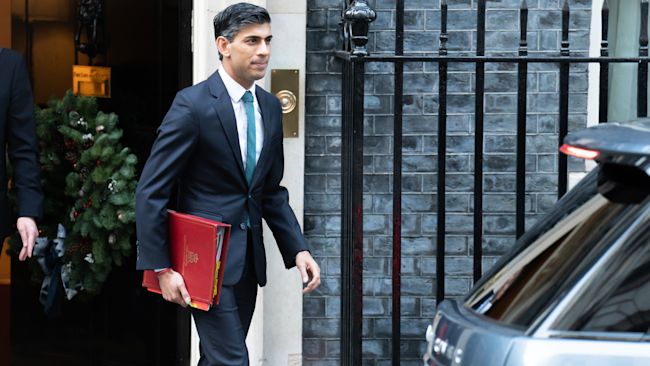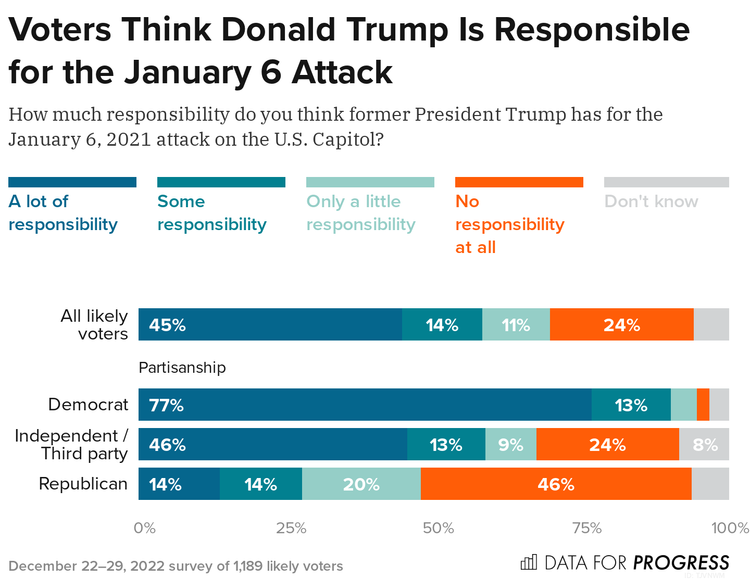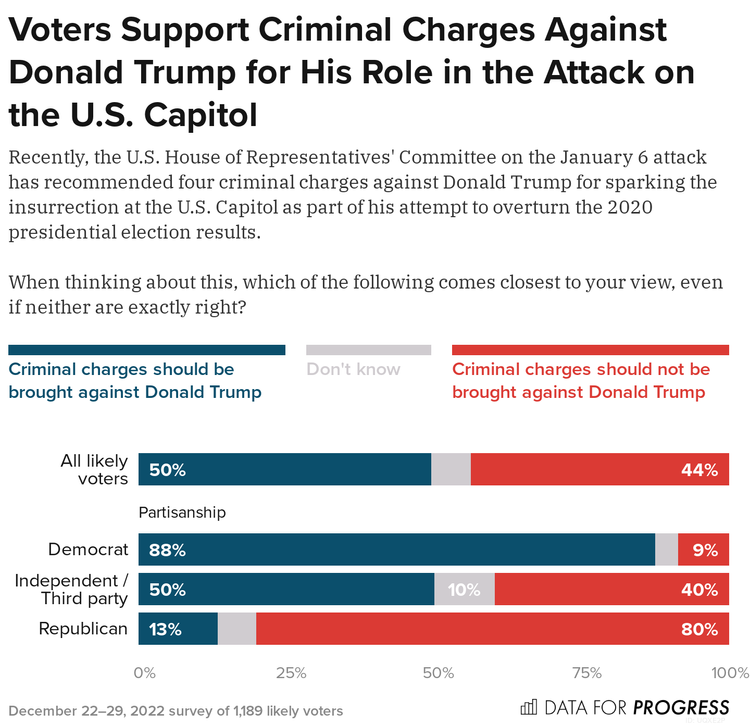Guns are literally killing Americans but the powerful gun lobby insists on preventing reform
JAMES
ZOGBY
:quality(70)/cloudfront-eu-central-1.images.arcpublishing.com/thenational/ELJ3EMZV4PUBQ2G6JTJ5JKSUYQ.jpg)
:quality(70)/cloudfront-eu-central-1.images.arcpublishing.com/thenational/EXPEHHOCYTAXWFHOLZNOON43N4.jpg)
:quality(70)/cloudfront-eu-central-1.images.arcpublishing.com/thenational/LMCZUP7GOBTL2Q3VBO3P5Y3V6U.jpg)
:quality(70)/cloudfront-eu-central-1.images.arcpublishing.com/thenational/WEFY5AYI5EGMS7U5JGWNRB733Q.jpg)
A woman waits to hear about her sister, a teacher. Jessica Hill / AP
This past week, we crossed the tenth anniversary of the day when an obviously deranged young man wielding a weapon of war massacred 20 little children and six of their teachers at Sandy Hook Elementary School in Newtown, Connecticut. America has had mass shootings even before that day. But Sandy Hook felt different because the victims were so little and so many, and because then US President Barack Obama spoke so eloquently and tearfully to the nation, capturing our collective grief and the resolve that “our hearts had been broken” too many times and that something must be done to end such killings.
The powerful gun lobby went to work and a short time later the Senate voted down a modest gun reform bill by a vote of 60 to 40
:quality(70)/cloudfront-eu-central-1.images.arcpublishing.com/thenational/CS4MB2CMSWHERWVJ3IKCG6GMRA.jpg)
A sign outside the National Rifle Association Annual Meeting, in Houston, on May 27. AFP
The numbers since Sandy Hook are staggering – and increasing at an alarming rate. In the four decades before Sandy Hook, there were 1,094 school shootings. But during just the past decade, America has seen an almost doubled number with an additional 948 school shootings – more than 109 of them being mass shootings (defined as an incident in which four or more have been have shot by a gunman).
But school shootings are only a part of the story. Eighty-one million Americans now own 415,000,000 guns. And we use them with regularity on each other. In each of the past three years there have been more than 600 mass shootings – with last year’s 690 being the highest on record. These annual numbers more than double the numbers of mass shootings each year of the previous decade. And this year alone, there have already been 43,000 gun-related deaths, divided almost evenly between murders and suicides.
Every single day in America an average of 12 children die from gunfire. Another 32 are shot and wounded. In fact, guns are the leading cause of death among children and teenagers in the US.
In other words, guns are literally killing Americans, and the politicians are doing nothing about it. Mass shootings have become routine. It is only when the event is so horrific, like Sandy Hook, or Columbine, or Stoneman Douglas, or more recently, Uvalde, that we become shocked. But there is a difference. When the slaughter of children occurred a decade ago, there was still a belief that real change would occur. Many people no longer believe that and have come to settle for minor reforms that amount to but a tweak in the murder machine.
Young Uvalde survivor shares what happened during the attack
It is as if the life has been sucked out of us and we no longer even dare to hope that assault weapons can be banned, that gun sales can be regulated and limited, or that communities can at least ban weapons of war from within their jurisdictions.
We know that in the face of an epidemic of gun violence such common sense measures should be implemented. But we also know that because conservatives in Congress and the courts have both a bizarre ideological interpretation of the Constitution and/or a pathological obsession with guns, saving our children is not a priority.
:quality(70)/cloudfront-eu-central-1.images.arcpublishing.com/thenational/G45UIZDLKFOP5DCFDXQ6R6KNOA.jpg)
Michael Goldfarb: After another US school shooting, 'Why?' is the wrong question to ask
Last Christmas, a few “Christian” Republican members of Congress sent out Christmas cards featuring pictures of their families in front of their Christmas trees with each member (including their small children) proudly carrying assault weapons. One featured a note to Santa: “Please bring ammo.” This from the very crowd that rails against “godless liberals, who’ve taken Christ out of Christmas.”
As I have noted many times before, the problem of gun violence is deeply ingrained in American culture. From the mythic lore of the Old West, cowboys fighting Indians or cops chasing robbers, to the romanticisation of the mobsters of the 1920s to today’s video games featuring space invaders and fantasy futuristic weapons that enable our children to have the questionable pleasure of winning by shooting everything in sight – American society is suffering. And some Americans keep feeding its sickness with more guns and the misguided belief that they give us potency, making us strong and secure.
I remember after one monstrous mass murder in a Louisiana movie theatre, listening to a debate on CNN in which one panellist argued that if other patrons in the theatre had been armed, they could have stopped the shooter. I had heard much the same after a plane hijacking. The thought of multiple random shooters firing in a darkened theatre or in a plane at 30,000 feet is a nightmare, not a solution.
We should pass an assault weapon ban, require universal background checks, and certainly keep weapons out of the hands of children and those who are mentally ill. But we must also make a determined effort to address the root causes of our problem: our pathological obsession with weapons, the power of the gun lobby that blocks reform, and a popular culture that normalises killing with guns.
We need to constantly hold up before the gun lobby and those who support them the faces of the children who die, and name and shame those whose actions and inaction allow the slaughter to continue. They are as responsible as the shooters and should be made to feel responsible for forgetting the victims of Sandy Hook, Columbine, Stoneham Douglas, Uvalde and all the other massacres that have occurred on their watch.
:quality(70)/cloudfront-eu-central-1.images.arcpublishing.com/thenational/GMBJ6SKEFORWNQ6MJJ3A47K7CA.jpg)
:quality(70)/cloudfront-eu-central-1.images.arcpublishing.com/thenational/IGG4U4WY6NGOIIMAXMEVF2PPNY.jpg)
:quality(70)/cloudfront-eu-central-1.images.arcpublishing.com/thenational/SRVUBGYUUQEY5ZNBOUCE5C4BK4.jpg)
The Sandy Hook Permanent Memorial in Newtown, Connecticut. AFP












